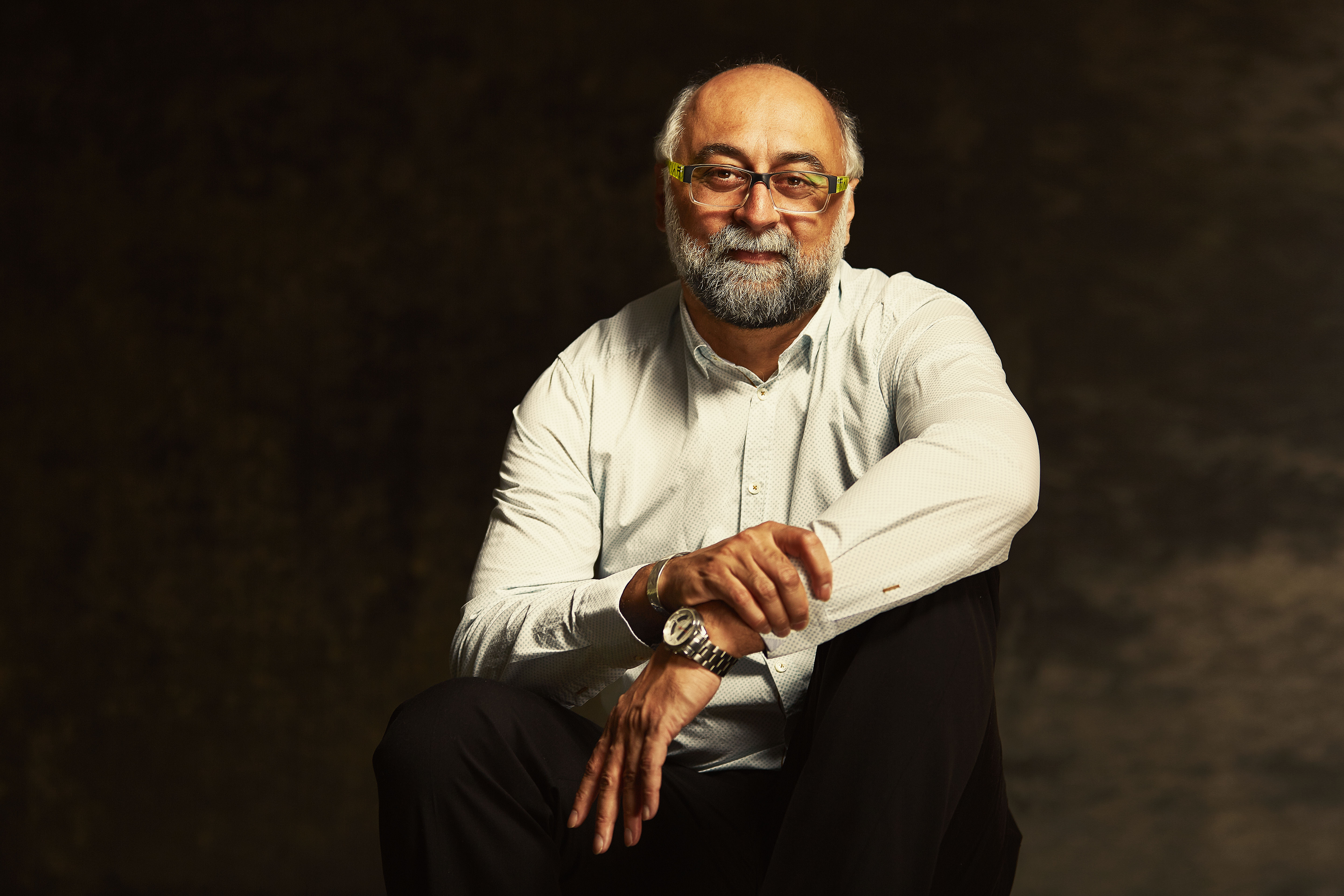Religion Scholar Will Speak About Muslim Contributions to the U.S. at March 16 Lecture

Religion scholar Amir Hussain
Follow us on Twitter:@BaylorUMedia
Contact: Terry Goodrich,(254) 710-3321
WACO, Texas (March 13, 2017) — “Muslims and the Making of America,” a lecture by author Amir Hussain, Ph.D., professor of Theological Studies at Loyola Marymount University in Los Angeles, will be presented on Thursday, March 16, at Baylor University.
The United States is a country built on immigrants, and “America would not be America as it exists today without the transformative contributions made by its Muslim citizens — including in the areas of music, sports and culture,” said Hussain, author of the book “Muslims and the Making of America” (Baylor University Press, 2016).
His lecture is sponsored by Baylor University Press, with co-sponsors including the Graduate School, the Department of Religion in the College of Arts & Sciences, Honors College, University Chaplain, Office of the Executive Vice President and Provost, Office of the Vice Provost for Research, Institute for Faith and Learning, Institute for Studies of Religion and George W. Truett Theological Seminary.
“The Los Angeles Review of Books recently called Dr. Husain’s book ‘a timely, contemporary exercise in bridge building,’” said Carey Newman, director of Baylor University Press. “His book is exactly that, and it sets the record straight that Muslims are not merely visitors in America. They are, and have been, a part of the American tapestry since its beginning.”
Hussain’s lecture will be held from 3:30 to 5 p.m. March 16 in the McClinton Auditorium (Room 240) of the Paul L. Foster Campus for Business and Innovation, 1621 S. Third St. Parking will be available at Speight Parking Garage, 1521 S. Fourth St.
Hussain will sign copies of his book following the lecture.
On his list of Muslims who have made outstanding contributions to this country:
“I have great hope in the American people,” he said. “We have stereotypes about Islam, and Muslim terrorists — including home-grown Muslim terrorists — who have killed innocent people, including innocent Americans. But Muslims, sadly, are not unique in that. The difference is that when Dylann Roof kills nine people, we know that although he believes in white supremacy and murders innocent people for his beliefs, his view is not shared by other white people. Or that when Christians in Rwanda murder 800,000 people in the Rwandan genocide, they are not representative of other Christians.
“Unfortunately, we still have to ask if Muslims denounce terrorism and violence, as if we are somehow are not fully human,” Hussain said. “Here, I think of a line from Arlo Guthrie, the son of American legend Woody Guthrie. Someone asked Arlo to join a group of artists and musicians against hunger. Arlo was shocked, and said, ‘You mean there are artists and musicians for hunger?’
“American Muslims are against violence and terrorism. We have denounced violence and terrorism, especially when it is committed by other Muslims. Unfortunately, that message hasn’t often been heard.”
Hussain, who teaches courses on world religions and focuses on contemporary Muslim societies in North America, recently served as a panelist at the National Press Club in Washington, D.C., for a program on “Muslims and the Making of America.”
Hussain’s academic degrees (B.S. M.A., Ph.D.) are from the University of Toronto, where he received a number of awards, including the university’s highest award for alumni service. He is a fellow of the Los Angeles Institute for the Humanities. In 2016, he received a fellowship to the Institute for Advanced Catholic Studies at the University of Southern California. He also he served as the editor of the Journal of the American Academy of Religion, the premier scholarly journal for the study of religion. Before his appointment at Loyola Marymount University, Amir taught at California State University, Northridge. He has published more than 50 book chapters and scholarly articles about religion.
ABOUT BAYLOR UNIVERSITY
Baylor University is a private Christian University and a nationally ranked research institution. The University provides a vibrant campus community for more than 16,000 students by blending interdisciplinary research with an international reputation for educational excellence and a faculty commitment to teaching and scholarship. Chartered in 1845 by the Republic of Texas through the efforts of Baptist pioneers, Baylor is the oldest continually operating University in Texas. Located in Waco, Baylor welcomes students from all 50 states and more than 80 countries to study a broad range of degrees among its 12 nationally recognized academic divisions.